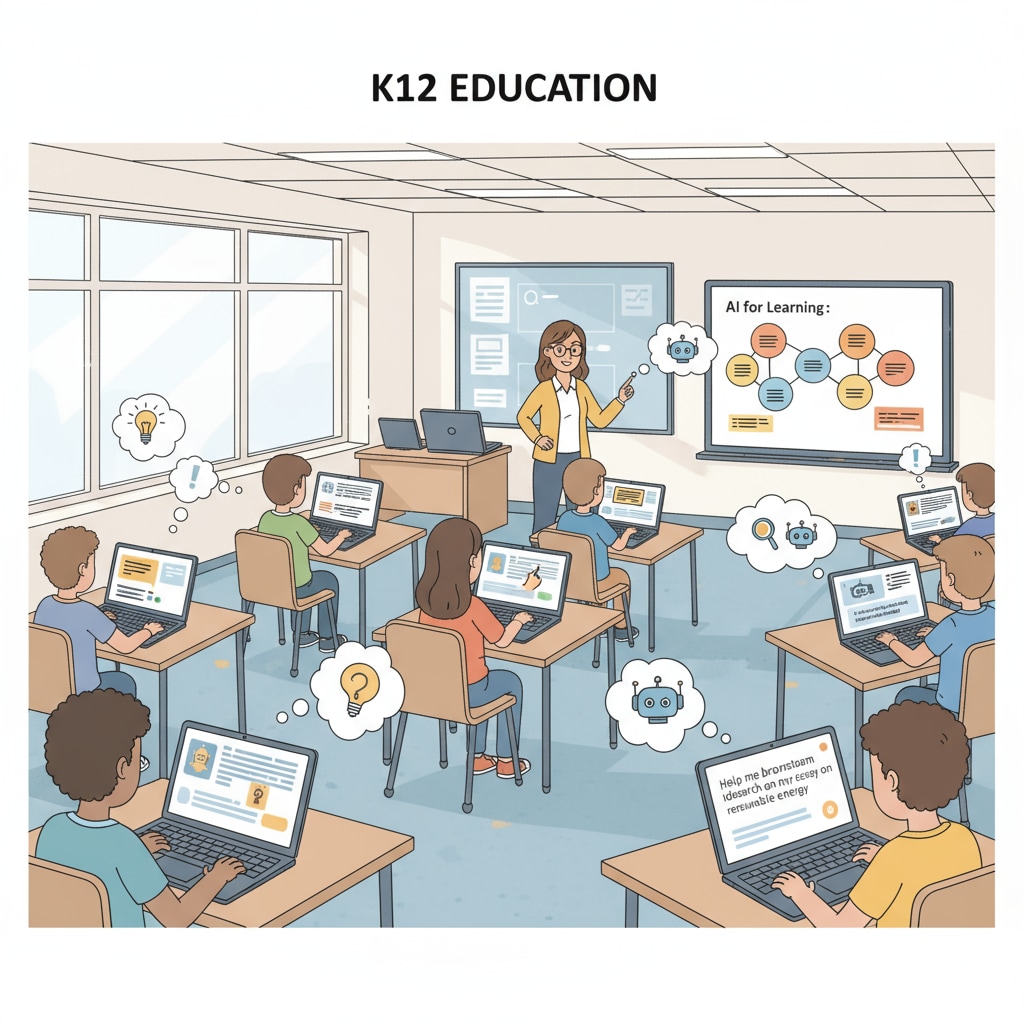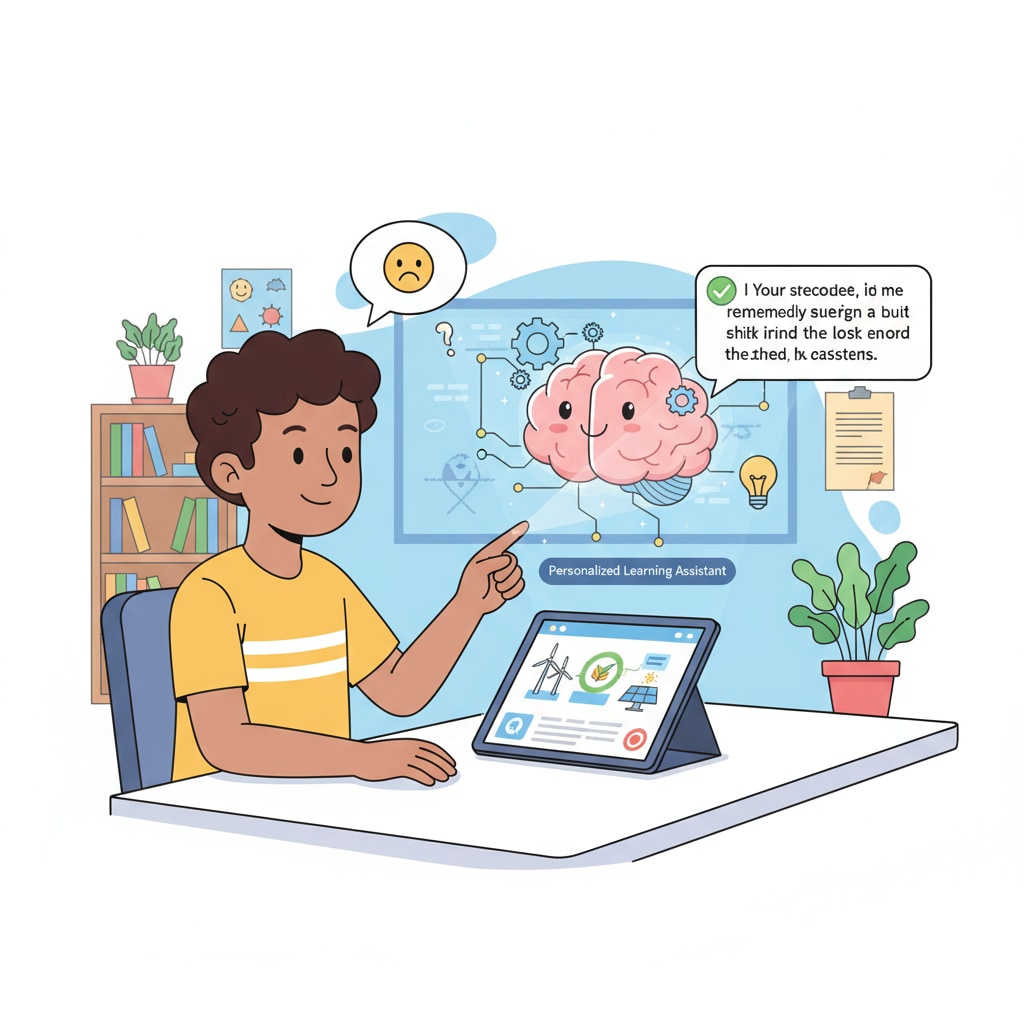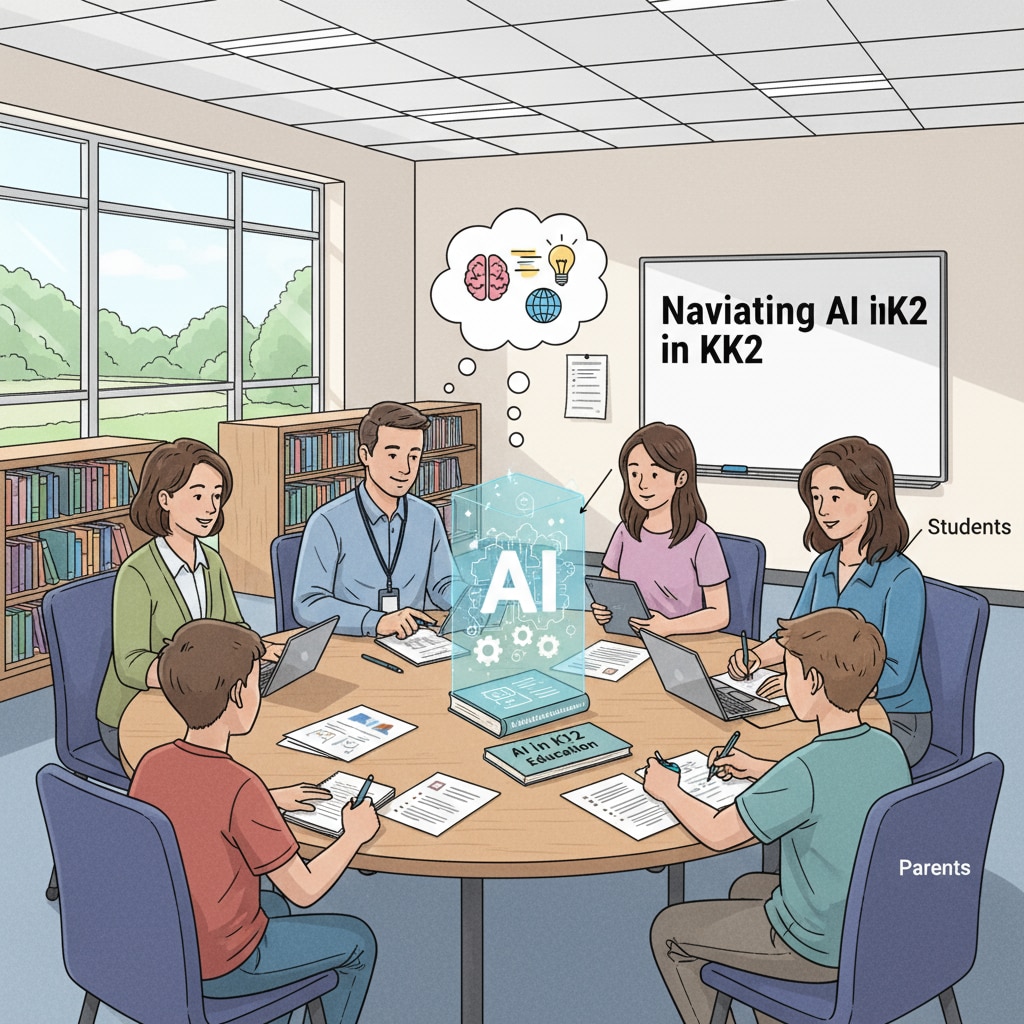AI policies, academic integrity, and skill values are at the forefront of discussions as artificial intelligence sweeps through the educational landscape, especially in K12 settings. The widespread use of AI tools in student assignments has brought to light significant fairness issues.

As technology continues to evolve, K12 schools are grappling with the delicate balance between embracing innovation and upholding academic integrity.
The Rise of AI in K12 Education
AI has made its way into K12 education in various forms. From intelligent tutoring systems that adapt to individual student needs to writing assistants that can enhance the quality of essays, these tools are changing the way students learn and complete assignments. For example, some AI writing tools can generate well-structured paragraphs, which has raised concerns among educators. According to EdSurge, the use of AI in K12 classrooms is on the rise, and educators need to be aware of its implications. However, this growth also brings the risk of students misusing these tools for unethical purposes.

Fairness Concerns in AI-Enhanced Assignments
The use of AI in student assignments creates a significant fairness gap. Some students may have better access to these tools due to their family’s financial resources or technological proficiency. This means that students from disadvantaged backgrounds may be at a disadvantage. Moreover, it becomes difficult to determine whether a student’s work is truly their own. Academic integrity is at stake as the line between genuine effort and AI-assisted work blurs. As stated by the National Education Association, maintaining fairness in assessment is crucial in the face of AI integration.
Another aspect of fairness is related to the skills that are being valued. With AI doing much of the work, the traditional skills of research, critical thinking, and writing may be undermined. If students rely too much on AI, they may not develop the necessary skills for future academic and professional success. Therefore, it is essential to reevaluate what skills are truly valuable in the AI era.
Readability guidance: We’ve seen how AI is rising in K12 education and the fairness concerns it brings. Next, let’s look at how different stakeholders can address these issues. We’ll use short paragraphs and lists to keep it clear. Each H2 will have a list or clear points. We’ll control long sentences and passive voice, and add transition words like ‘however’ and ‘therefore’.
Stakeholder Responses
- Educators: Teachers need to adapt their teaching methods and assessment strategies. They can design assignments that focus on process rather than just the final product. For example, requiring students to submit drafts, conduct research, and engage in peer reviews. By doing so, they can better gauge a student’s understanding and effort. Educators should also educate students about the proper use of AI and the importance of academic integrity.
- Students: Students need to understand that while AI can be a useful tool, it should not replace their own learning and effort. They should use AI as a supplement to enhance their skills, not as a shortcut. For instance, using AI to get inspiration for an essay but then writing it independently.
- Parents: Parents play a crucial role in monitoring their children’s use of AI. They can ensure that their children are using these tools responsibly and are aware of the academic integrity policies. Parents can also encourage their children to develop critical thinking and problem-solving skills.
Building a New Academic Evaluation System
To address the challenges posed by AI in K12 education, a new academic evaluation system is needed. This system should focus on evaluating students’ skills and understanding rather than just the outcome of their work. It could include a combination of in-class assessments, projects that require hands-on work, and oral presentations. By diversifying the assessment methods, educators can get a more comprehensive view of a student’s abilities. Additionally, clear AI policies should be established at the school level, defining what constitutes acceptable and unacceptable use of AI in academic work.
In conclusion, the use of AI in K12 education brings both opportunities and challenges related to AI policies, academic integrity, and skill values. It is essential for educators, students, and parents to work together to create a fair and effective learning environment in the AI era.

By taking proactive steps, we can ensure that students develop the skills they need while maintaining the integrity of the academic system.


